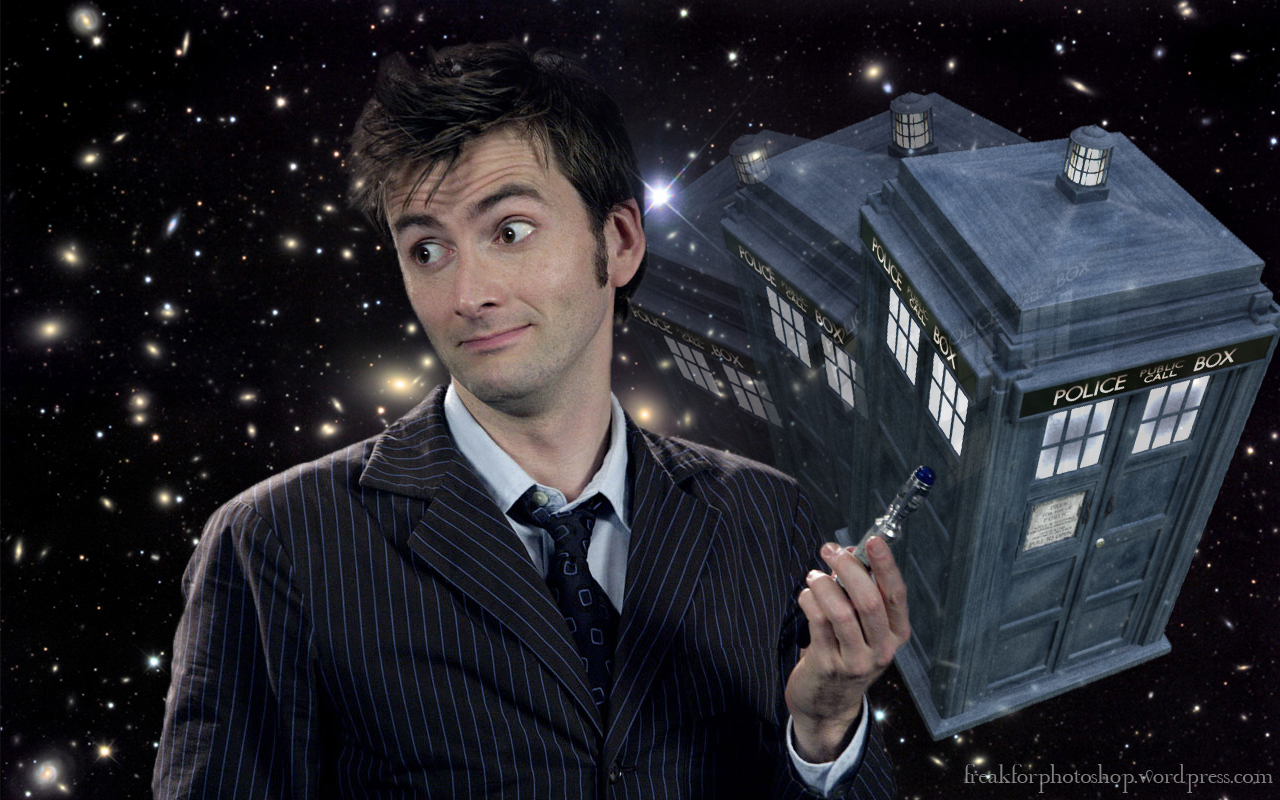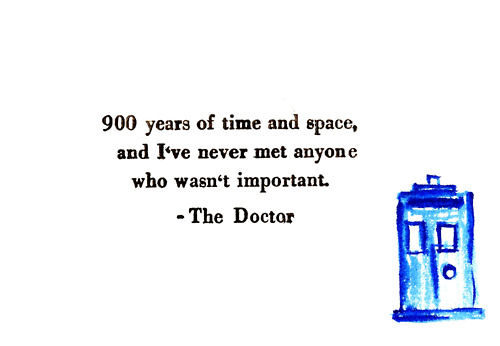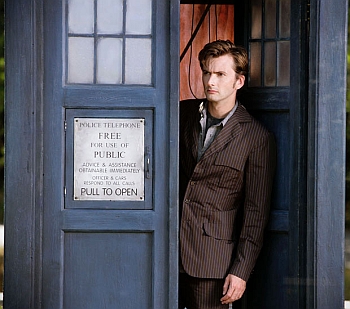I must admit that I absolutely loved this book. It’s one of those books that grabs you from the first page and doesn’t let you go until you are done with the story. Needless to say that I spent a few sleepless nights finishing it up and was rather useless at work the next day because I just couldn’t put it down.
Humanity has spread through the cosmos and populated numerous worlds, all thanks to the Line technology – a technology humans had found on an alien spaceship and successfully replicated. The lines allow spaceships to travel through the void, making travel in space instantaneous. There are a total of 10 lines on a ship and each one is responsible for a different function, but the most important ones are line 9, which takes the ship in and out of the void, and line 10, which allows the ship to travel through the void to another destination.
However, nobody really understands how those lines work or why only certain people have the affinity to repair and maintain those lines. These people care called linesmen and they are ranked from rank 1 to 10, by the number of lines they can interact with. Level 10 linesmen are the rarest and the most important, thus the most sought after.
Then there is Ean Lambert who, while a certified 10, is a joke even among his peers. He came to the cartels late in life and pretty much taught himself how to communicate with the lines. And his method is very unorthodox to say the least. He sings to the line, because he perceives them as music, not as energy like all other linesmen. And he is persuaded that the lines are sentient. No wonder everyone else thinks he’s crazy. Until an alien ship appears in human space and it has a line that only Ean Lambert can hear and interact with…
I absolutely loved Ean. He has a huge chip on his shoulder because he has always been made to feel inadequate. Because of his origin as a kid from the slumps. Because he came to the cartel house as a teenager instead of a small child. Because his methods are unlike the standard methods thought by the cartels, thus are considered wrong. Because he’s always been the laughing stock of his peers.
What I love is that even though he doesn’t have much self-esteem at all, he still refuses to bend and conform to the “traditional” way of doing things. When it comes to the lines, he will always do what feels right, even if it means singing until his voice breaks and everybody looks at him like he has a few screws loose in his brain. He loves these lines, and amazingly enough, they return that feeling. I am happy with the personal growth Ean goes through in this book and that he finally finds a place where he belongs and where he is happy.
The world of Linesman is also really complex and interesting. There are several different factions and world alliances that are at the brink of war, and the appearance of a potential new weapon has all of the scrambling to get to it first. Political alliances are brokered and broken, tensions run high, and skirmishes threaten to degenerate into a full-blown armed conflict.
There is a sense of urgency throughout this book that keeps your turning the pages, because you want to know what happened to Ean and the crew of the Lancastrian Princess and make sure that they are all okay.
Anyway, I strongly recommend this book to all science fiction lovers and I’m looking forward to Book 2 that’s supposed to come out in February.












